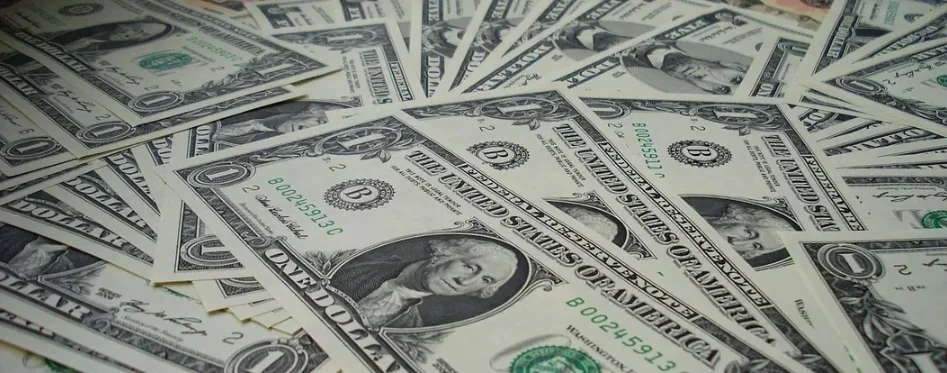This is part of a move away from crypto products like stablecoins that are controlled by a few people.

Maker, the world’s largest decentralized-finance (DeFi) app, doubled the debt limit of its staked ether (stETH) vault this week. It did this to reduce its reliance on centralized stablecoins after Centre, the issuer of USD coin (USDC), blacklisted 38 addresses linked to the approved crypto tool Tornado Cash.
More than 34% of all assets locked on USDC are locked on Maker, and the tokens are the largest source of collateral for DAI, Maker’s native decentralized stablecoin pegged to the U.S. dollar. If the plan to raise the limit to $200 million is approved, more stETH can be deposited against DAI, which makes USDC less powerful.
Because of this, market watchers have said bad things about DAI. Some have even called it “wrapped USDC” or an alternative to USDC tokens. The founder of the cryptocurrency trading platform ShapeShift, Erik Vorhees, has publicly asked Maker to start “unwinding its USDC collateral immediately.”
In an August interview with CoinDesk TV, Maker founder Rune Christensen said, “There’s a natural tension between centralized stablecoins and projects like DAI that want to be permissionless and uncensorable.” Maker was able to grow and focus on making things easy for users because it chose to rely on USDC, but there were trade-offs that are now clear, he said.
Since the ceiling was raised, about $49 million worth of stETH has been put into the vault, according to data from the tracking service Daistats. Staked ether is a token that people who lock up their ether on Lido, a staking service, get in return. Data shows that more than 245,377 stETH is locked on Maker. The locked value of Maker is $8.4 billion.
The stETH vault has a 0% stability fee, which means that users don’t have to pay Maker fees on their positions. Maker said in a tweet on Tuesday that this gives users “free dai.”
#
